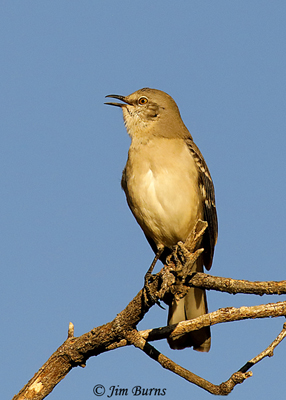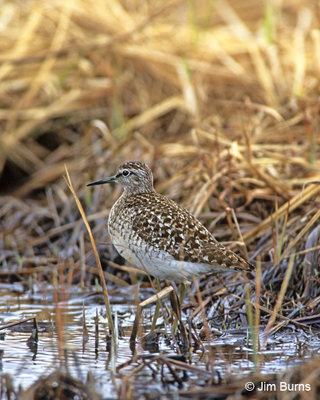
The best birders I know are driven by close observational skills followed by meticulous research efforts resulting in keen diagnostic ability. They enjoy nature, problem solving, and tend to be people persons. Their passion is correctly identifying a complex set of organic phenomena.
Sound familiar? I have a dermatologist, an internist, and a cardiologist whom I visit, respectively, twice a year, once a year, and once in a blue moon. The three of them have those exact drives and that same passion, and I’m guessing you want your physicians to have these too.
Doctor-Birder is the life story, told chronologically, of how John Fitchen came to be those two things. Because I am a birder but not a doctor, I was mildly disappointed that Fitchen was not able to more closely intertwine the two defining elements of his life, but it is a story told with grace and humor by a man proud of what he has accomplished in two fields not as disparate as they may seem at first glance. Having read the book, I would deem John Fitchen a renaissance man, and I wish somewhere along the line he had been my personal physician.
The bulk of the book’s chapters chronicle his journey through the doctor part from med school, internship, specialization, academic medicine, and finally his work as medical director and vice president for research and clinical activities with the biotech company, Epitope. Initially Epitope was involved in paternity testing and organ transplantation, but during Fitchen’s time there they developed the first oral fluid testing system for HIV, and the chapter recounting the company’s race against the clock to receive FDA approval for their product is the exciting stuff of pharma drama.
Some of Fitchen’s fondest childhood memories related in the book are outdoor adventures with his family, nature hikes with his father, and escapades at summer camp in the Northeast, but his specific interest in birds did not begin until, as a young father himself, he observed a particularly noisy avian neighbor well enough to put a name to it and write that name down in a notebook. Northern Mockingbird--his first “Life” bird on a list that had grown to 673 at the time of his book’s publication.
My connection with John is that both of us, after too many years and too few adventures, ended up as many hard core listers do, on Attu, the farthest west of Alaska’s Aleutian Islands, looking for storm driven Asian vagrants in horizontal rain and sleet. Though not on Attu the same year, there are two commonalities—on our respective trips we both recorded Wood Sandpiper and we both lost ten pounds. Since those days, our birding has taken us in different directions, mine toward photography, John’s into county listing which has produced the prodigious number 300 species seen in his home county, Multnomah (Portland) Oregon.
Though the final chapter of Doctor-Birder, “Attu: the Holy Grail of North American Birding” is the only one that deals exclusively with birding, Fitchen keeps the birder’s interest amply whetted through his medical chronology by closing each of the twenty chapters with detailed written field notes of the most recent birds listed on his quest to reach those 300, and this takes the form of an identification challenge—he asks that the reader cover the name clipped at the bottom of the notes and try to put a label on the bird. (I scored 14/20—shorebirds and gulls have become a weakness for this resident of land-locked Arizona).
If you have been a patient but are not a doctor, if you have been a birder but are not a lister, Doctor-Birder will be a fascinating read. As John Fitchen says, it is not really about medicine or nature, but about people and the wonder many of us have about the health of our bodies and the health of our planet.